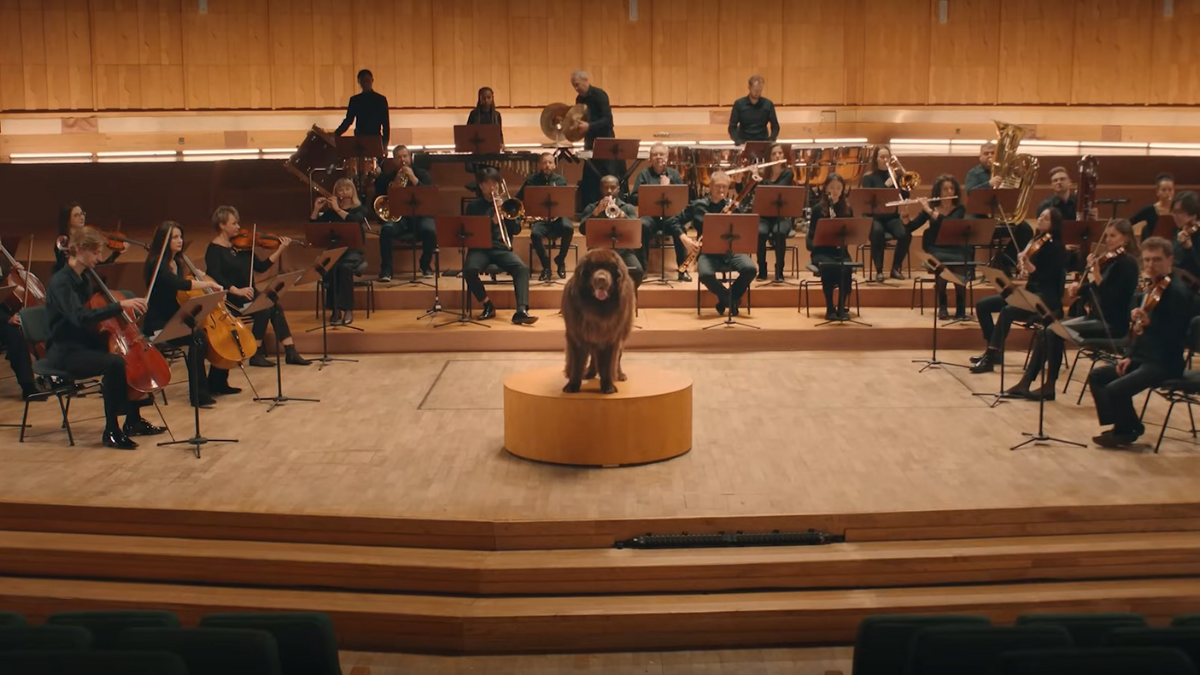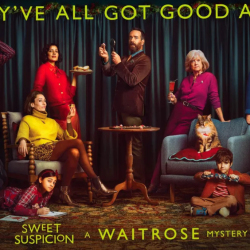It almost reads like the start of a bad joke: what do Sonic, Fallout, and Pokémon have in common?
(They don’t step into a bar together, don’t worry.) The answer is that all these video game brands have created successful transmedia empires, creating interconnected campaigns across multiple platforms. Whether that’s through films, comics, or collectable cards, these giants have managed to level up and expand beyond their fictional game worlds to reach new audiences and keep their current fans engaged.
But that’s old news, right? Yes, it’s a tried and tested formula — but there’s a sexier evolution on the rise: reality TV transmedia. The guilty pleasure of many (who hasn’t watched at least one episode of Love Island?), reality TV has found a new way to engage with its fanbase: it’s evolved into an interactive experience, blending elements of the real world with video games, to create a new hybrid experience. To put it into real terms: if you’ve ever fantasised about being on Netflix’s Too Hot To Handle, pick up your phone right now — you can play the mobile game and make the ‘right’ choice you were shouting at the screen!
The most famous (and perhaps, most successful) example might be Love Island: The Game. The game allows players to personalise their protagonist, impact the storyline through saucy or sensible decisions, and romance in-game characters — just like the TV show itself. The level of interaction changes fans from passive viewers into active players, inviting fans to immerse themselves more fully within the Love Island universe. It’s hard to disagree with its formula or debate its success when its developer, Fusebox Games, was recently acquired for a hefty sum of $272m. Looking to other titles: Netflix has even expanded its metaverse, transforming its popular shows Too Hot to Handle and Perfect Match into games via its Netflix Stories app. (I’m happy to report that the Perfect Match game comes complete with a sweet in-game version of its host, Nick Lachay.) The sadly discontinued Kim Kardashian: Hollywood was one of the first to make the jump into reality TV transmedia, paving the way for other shows. And it’d be remiss to not mention Devolver Digital’s The Crush House, which gamifies the process of reality TV production itself, exposing the nuts and bolts of reality shows for a darkly meta twist.

Interactive reality TV gives brands a host of opportunities
When viewers can actively participate in the narrative, they’re more emotionally invested in the outcome, leading to stronger fandoms and more robust communities (somewhat unsurprisingly, Fusebox Games’ subreddit ranks in the top 4% percentile). Active fans mean better chances of brand engagement, where they’re not just consuming content but also shaping its future. From providing player insights to direct feedback from fans, and even monetisation opportunities — all of these become huge benefits for brands, which they can use to create better, more personalised content further down the line. That content can again inspire a similar response from the fandom — creating a positive feedback loop for both community and brand, for a sustainable and mutually satisfying relationship.
Beyond these immediate assets, reality TV transmedia can be beneficial for a brand when deployed with clever timing. Like its TV show originator, the game can run for several seasons with a new cast each time, keeping curious fans coming back for more. Brands can keep fans on the hook by dangling a new game release at the end of the show’s run, covering up quiet periods caused by filming downtimes with a different form of content. By maintaining their relationship with the show through a different medium, fans are more likely to stay engaged by the time the next season rolls around.
So where do we land on the review score? In an era of TikTok-length attention spans, reality TV transmedia allows brands to stay in the spotlight. By transforming viewers into players, brands can create immersive stories that go on to build loyalty and retain long-term engagement between seasons. These games aren’t a sad spin-off for reality TV shows — they in fact create entirely new avenues for storytelling that keep fans tuning in long after the final episode airs.
Featured image: Perfect Match / Netflix Stories































